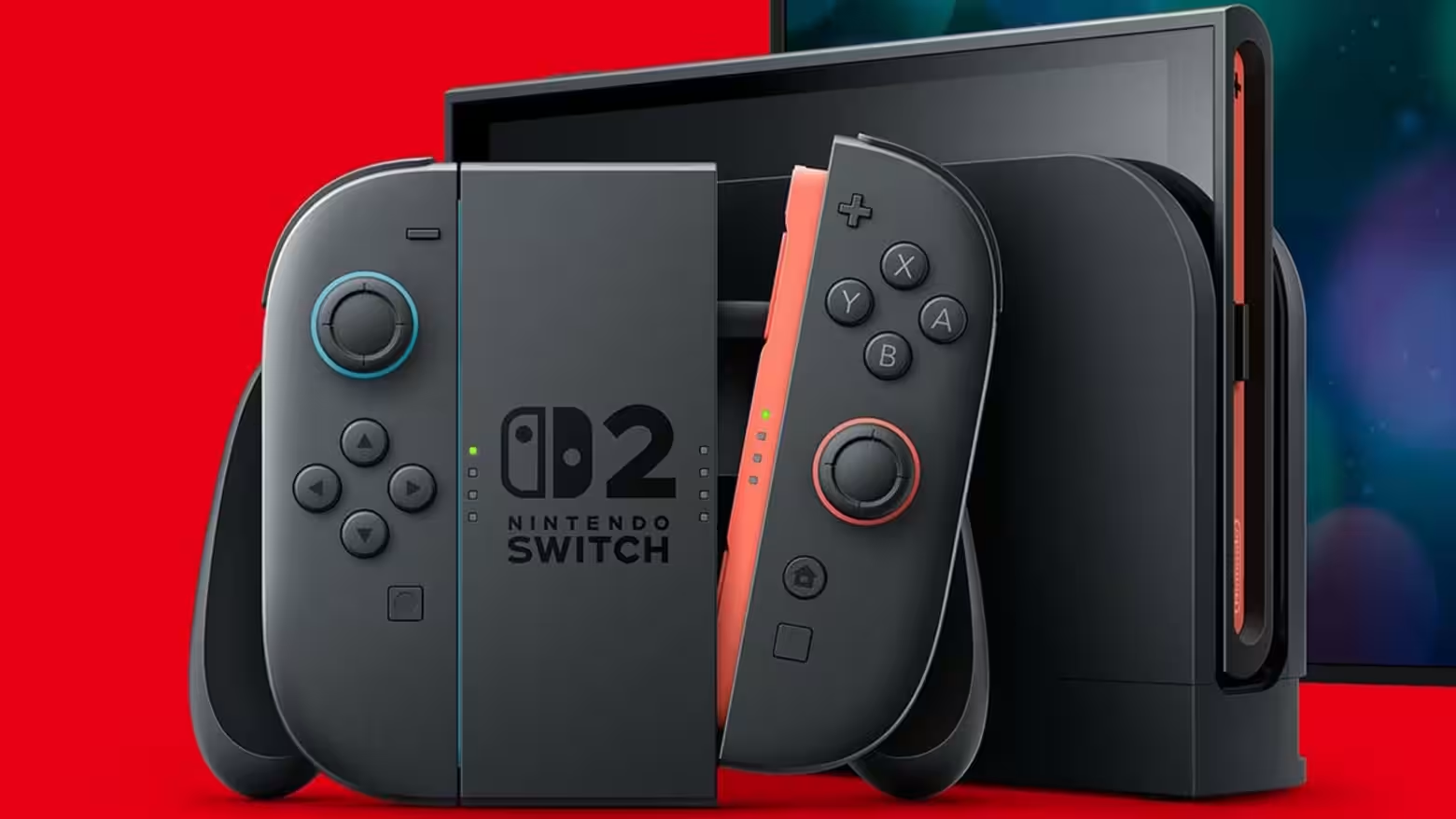In the early days of digital content creation, success was measured by exposure: the number of likes, shares, followers and views a creator could accumulate. But increasingly, creators are realizing that virality doesn’t always translate into financial sustainability. Platform algorithms change frequently, monetization models are inconsistent and dependence on a single social media channel introduces risk.
Ahad Khan, CEO of Kajabi, a platform that has powered more than $9 billion in creator revenue, has seen firsthand how creators are adjusting their approach. “At first it was, I just want exposure,” Khan says, describing the early mindset. “But it wasn’t translating into income for a lot of creators who wanted to do this full time and wanted to take it a bit more seriously.

” The turning point often comes when creators stop viewing themselves solely as entertainers and begin identifying as business owners. This shift brings new priorities, such as data control, audience retention and reliable income streams. Khan explains that creators who succeed on Kajabi are those who adopt an entrepreneurial mindset.
“They start to think of themselves as business owners and entrepreneurs...
and start thinking about the people who engage with their content at the top of their funnel.” In practical terms, creators are using social media as a discovery tool. But instead of keeping their audiences there, they invite them to join email lists, pay for premium content, or enter private communities.
“How do I get their email address so then I can interact with them directly?” Khan says. “I’m not dependent on a third-party platform that can turn me on and off for the algorithm changes.” What emerges from this shift is something Khan refers to as creator commerce.
It mirrors the rise of ecommerce in the early 2010s. Just as Shopify allowed businesses to move beyond Amazon and build independent storefronts, platforms like Kajabi are enabling creators to own their customer experience, brand, and revenue. Creators on Kajabi are launching courses, newsletters, coaching offers and subscription-based communities.
These are often built around deep expertise, whether in personal development, education, creative skills, or even niche hobbies. “It creates, for the entrepreneur, for the creator, an opportunity to build livelihood around what they’re putting out there,” Khan says. One major differentiator is Kajabi's focus on enabling full ownership.
“I build my audience on socials,” Khan says, “but I build my business on Kajabi, and I build my brand on Kajabi.” This transition is about self-perception and pricing psychology. For many creators, charging for their work requires a mindset adjustment.
“Here’s something of more value,” Khan says. “But I want to engage in some kind of transaction..
. I should earn something from it, too.” That line of thinking is helping creators shift away from a culture of giving everything away for free and toward one where expertise, creativity, and connection are recognized as valuable products.
While digital products dominate the conversation around creator monetization, some entrepreneurs are exploring a different path. Cody Detwiler, better known as WhistlinDiesel, recently launched ALCOLO, an alcohol brand that reflects the high-energy lifestyle of his YouTube content. “We were brainstorming ideas for a way to branch out from YouTube,” Detwiler recalls.
“In a way to develop a legendary, iconic brand that would be passed down from generation to generation, as opposed to something more temporary and disposable.” The idea came together quickly when a team member accidentally misspelled “alcohol” on a whiteboard. “We looked at the board and laughed, ‘that says Alcolo.
..let's f***ing do it!’” While Detwiler’s approach leads to mass retail rather than a subscription model, the principle is the same.
His audience loyalty gives him leverage and his brand strength offers an off-platform future. As the creator economy matures, the path forward is becoming clearer. Here are a few key takeaways: Own your audience .
Move beyond platforms by collecting email addresses or building private communities. Create aligned products . Digital or physical, the offer should reflect your expertise and the needs of your audience.
Focus on brand over virality . A strong personal brand builds trust and long-term connection, which is harder to disrupt. Use platforms as pipelines .
Social media can still bring in new viewers, but make sure your core business happens somewhere you control. As Khan notes, creators are evolving. The new model is about building equity in a business that’s truly your own.
This article is based on an interview from my podcast, The Business of Creators ..
Technology

How Top Creators Are Outsmarting The Algorithm For Good

In the early days of content creation, success was all about the numbers. But creators are starting to realize that going viral doesn’t always lead to lasting income.















